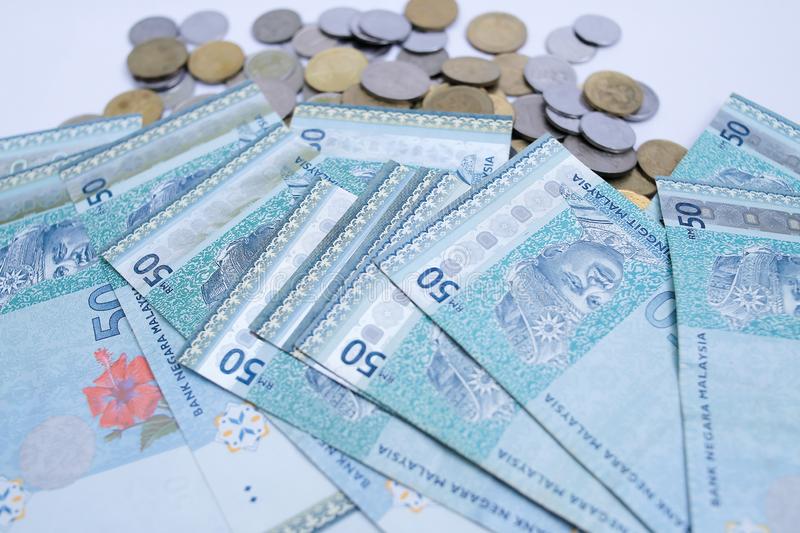Through next week, representatives from Malaysia, Australia, Brunei, Canada, Chile, Mexico, New Zealand, Peru, Singapore, the United States, Vietnam and Japan are meeting at Kota Kinabalu to discuss a cross-Pacific trade zone that would see lowered tariffs and consequently lower prices for trade goods in a trading bloc that could match or exceed the European Union’s economic might.
This is an opportunity to expand Malaysia’s economic strength and to improve our position in Asean and beyond. Japan and the United States are among our largest trading partners, and exports to those countries and China helped fuel our ‘gravity-defying’ turnaround from the 2009 global recession. This will not only make Malaysian goods cheaper in other Pacific nations, it will also lower the prices of the imported goods we consume.
As is inevitable in our over-politicised public discourse, opposition has haltingly developed to the negotiations. Nominally grassroots opposition, composed of a handful of NGOs and a few dozen protesters at a time, have attempted to derail the negotiations.
Datuk Seri Anwar Ibrahim is tentatively attempting to decide whether to reflexively oppose the negotiations, to revert to his former incarnation as a free trade advocate, or to walk some sort of middle ground known only to him. This has left Pakatan Rakyat in something of a bind, because despite PAS’ and the DAP’s preference for trade barriers and subsidies, they are leery of being once again opposite Anwar on policy.
There are important points to be raised in the negotiation and adopting of the TPPA, but that is precisely why the Government is negotiating the TPPA. As International Trade and Industry Minister Datuk Seri Mustapa Mohamed has noted, the Government has pledged to ensure that the TPPA will only be signed if it is fair and in harmony with the national interest.
Yet some of the concerns raised about the TPPA are at best populist misinformation. Perhaps the most emotionally wrenching one is that by becoming a member of the proposed free-trade zone, Malaysians would forego life-saving generics for diabetes, AIDS, and other potentially deadly afflictions.
This argument suggests that generic drugs simply come into being somewhere in India and appear in Malaysia. Instead, a complex system by which drug manufacturers sell the drugs to high-income nations and subsidise or allow generics in the developing world has made those cheap generics possible here.
Yet this system is in danger as manufacturers perceive that their products are being stolen in the developed world by those with little respect for intellectual property. The TPPA in fact can work to maintain the ready supply of cheap medicine and expand it, by encouraging American and Japanese drug manufacturers to sell and make available their medicine in partner nations.
Tun Dr Mahathir Mohamad has spoken up in opposition to the TPPA, though his concern appears to stem both from a desire to protect Proton and from concern over the impact that cheaper imported goods will have here.
Yet this misses the obvious historic parallels in other developing nations that opened their gates to foreign competition in return for the same favour abroad. South Korea was, only a little more than two decades ago, a repressive economic basket-case. By opening its markets to American and European goods in return for fewer tariffs from those powers, Seoul managed to transform itself into a world economic powerhouse.
Malaysia is ideally primed for a similar opportunity. Our growth and development have placed us on the cusp of fully-developed status, and Prime Minister Datuk Seri Najib Razak’s tireless work has placed us diplomatically closer to the rest of the TPPA nations than ever before. We are at the forefront of Asean; it is time to expand that horizon.
This is a rare opportunity. We must not squander it.

